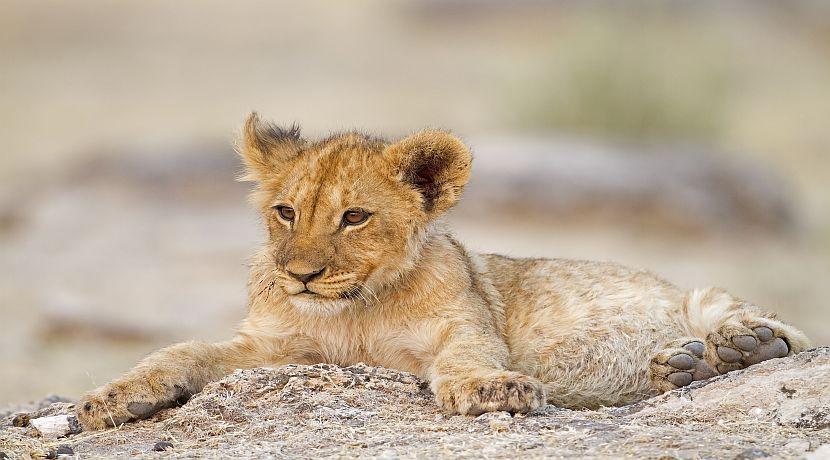As you will already know and will have seen on countless documentaries, the continent of Africa is home to a huge variety of animal species. This plethora of animals, all different shapes and sizes, is what makes the first quarter of the year in Africa so special. January, February and March play host to the birthing season for a large number of the animals on the continent, and we wanted to take a look at some of these adorable babies!
Cheetahs

Female Cheetahs more often than not give birth to three cubs. They will then spend anything from one and a half to two years protecting them, ensuring that they can grow enough to fend for themselves. Young cubs spend the first year learning from their mother, practising hunting skills and techniques with playful games. Life is a bit lonelier for the males as they will live alone (or occasionally in small groups with their littermates!)
Rhinos

Once every three years, and after an 18-month pregnancy the female Rhinoceros gives birth to one young. Comparatively small when looking at its mother, the new-born Rhino will still weigh a whopping 30-40 kilograms! After only ten minutes or so the baby will be standing on its feed and after a couple of hours it is ready to eat! Rhino youngsters will stay with mum until the age of three, when they will begin their independent adult lives.
Elephant

Elephant calves weigh around 115kg and will stand at about three feet tall once they have been born. Baby Elephants can’t see very well at first, but they immediately know their mother by touch, scent and sound. The cutest baby Elephant fact is that for the first few months, they don’t know what to do with their trunks! They will just swing them around and occasionally tread on them until they learn to control them properly at the age of 6 months!
Giraffe

Giraffe mothers deserve a medal as their average gestation period is approximately 15 months! The mothers will give birth in a ‘calving ground’ which is normally where they were born themselves. The babies are in for a shock though as when they are born they normally have to fall 2 metres to the ground, and at 2 meters tall and already weighing 100kg, they land with quite a bump!
If you are a fan of adorable baby animals (quite a wide audience I know,) then now is the best time to travel to Africa. You’ll have the best chance to see all of the new-borns up close and personal, all whilst making a contribution to their conservation. If this sounds like something you want to do then take a look at our Africa projects. The Namibia Wildlife Sanctuary even has 20% off until the end of the month so don’t hesitate!














